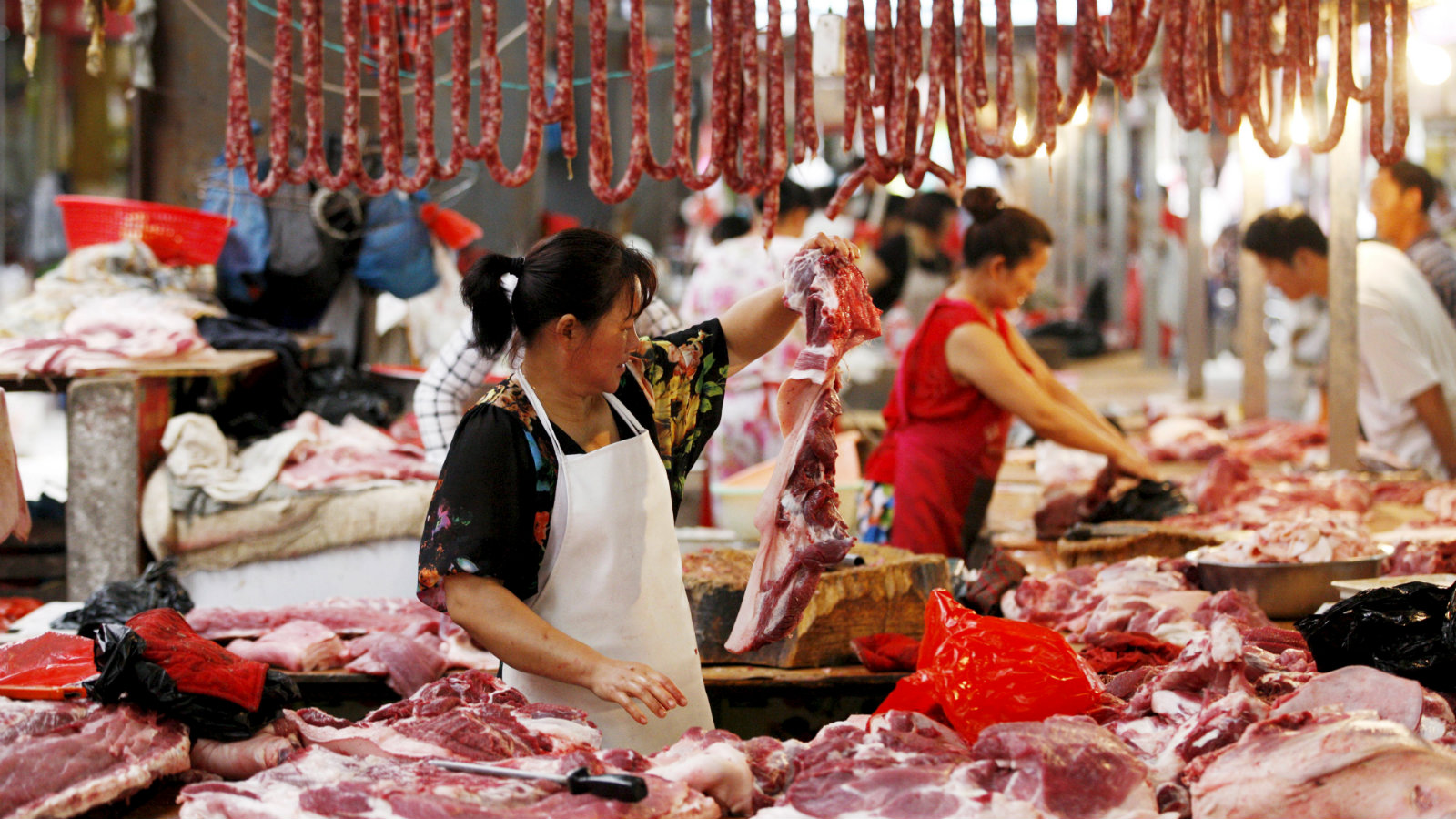Blame Barack Obama. In 2010, the then-U.S. president warned that if “over a billion Chinese citizens have the same living patterns” as people in the West, “then all of us are in for a very miserable time – the planet just can’t sustain it.”
Mr. Obama was speaking about Beijing’s efforts to reduce China’s dependency on carbon. But his comments were seized upon by Chinese nationalists as evidence that the West was using environmentalism as just another excuse to keep China down.

Even today, more than a decade later, his comments come up in Chinese conversations about reducing meat consumption, seen by many as an important step to reaching the ambitious emissions targets that Beijing and other governments have set. Vegetarians or vegans in China are often accused of promoting a “foreign” ideology – despite the fact Chinese Buddhists and others have abstained from meat for centuries – or preventing Chinese from enjoying the lifestyle seen in the West.
“There’s a lot of pushback when it comes to eating less meat,” said Peter Li, a China policy specialist at Humane Society International. “China still looks to Western meat consumption as a goal to catch up to.”
This is despite the fact China has already outpaced the U.S. on that front. According to research by McKinsey & Co., Chinese people consumed about 90 million tonnes of meat in 2021, twice the U.S. total. But Americans still eat twice as much per capita, and poorer Chinese eat it only rarely.
“For many Chinese, when we were poor, we had to be vegetarian, and therefore meat is seen as a symbol of a happy life,” said Jiang Jinsong, an assistant professor at Tsinghua University and co-founder of Voice for the Voiceless, an animal-rights charity.
While traditionally people ate fish as their main animal protein, with pork on special occasions, today that meat dominates the Chinese diet more than any other, though as the country has grown richer people are eating more and more beef and chicken as well.
The government places huge importance on ensuring meat supply, even maintaining a strategic pork reserve to keep prices stable. After new regulations were passed to promote factory farming, the world’s largest pig farm opened in Hubei last year – a 26-storey building designed to hold more than a million animals.
Intensive agriculture does not necessarily correlate with cruelty, but the abuse of pigs – a highly intelligent, social animal – within the factory farming system has been well documented. Having huge numbers of animals in close proximity also raises concerns about the spread of swine flu and other diseases.
But if environmental concerns are a hard sell in China, animal welfare is almost a non-starter.

** Click here to read the full-text **









